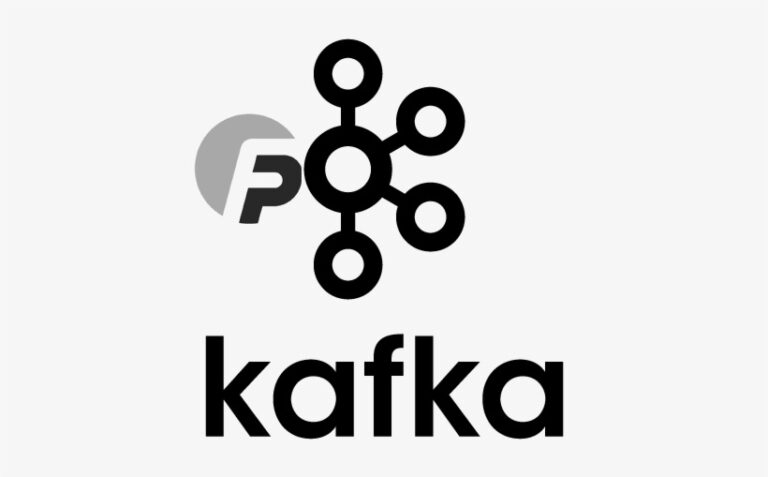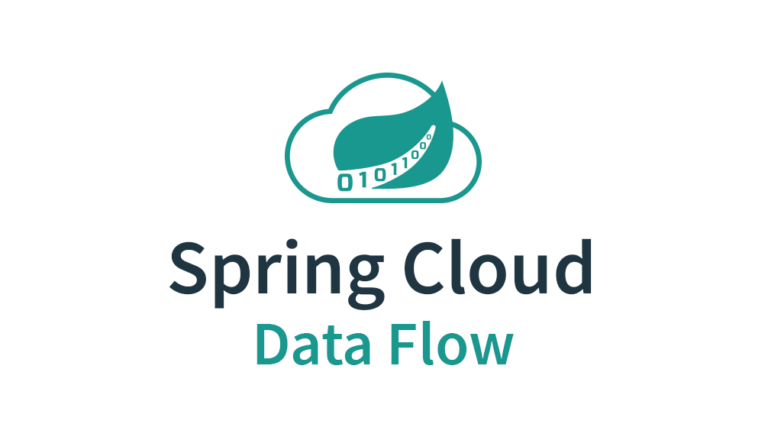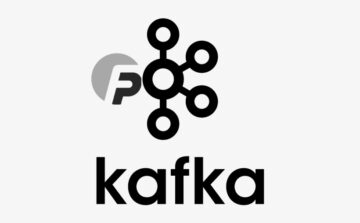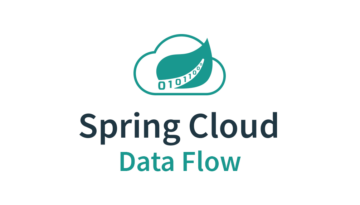Introduction to Custom Offset Storage
In this section, we will explore the concept of custom offset storage in Apache Kafka and its significance in implementing advanced offset management strategies. Understanding how to store and manage offsets in a custom manner allows for greater flexibility and control over offset management in Kafka.
Topics covered in this section:
- Overview of custom offset storage and its benefits.
- Different approaches for implementing custom offset storage.
- Considerations for choosing the right offset storage strategy.
- Implementing custom offset storage using external systems.
- Integrating custom offset storage with Kafka consumers.
Code Sample: Implementing Custom Offset Storage with Redis
import org.apache.kafka.clients.consumer.*;
import org.apache.kafka.common.TopicPartition;
import redis.clients.jedis.Jedis;
import java.util.Properties;
import java.util.Collections;
import java.util.Map;
import java.util.HashMap;
public class CustomOffsetStorageExample {
public static void main(String[] args) {
// Configure Kafka consumer
Properties props = new Properties();
props.put("bootstrap.servers", "localhost:9092");
props.put("group.id", "my-consumer-group");
props.put("key.deserializer", "org.apache.kafka.common.serialization.StringDeserializer");
props.put("value.deserializer", "org.apache.kafka.common.serialization.StringDeserializer");
// Create Kafka consumer
KafkaConsumer<String, String> consumer = new KafkaConsumer<>(props);
// Subscribe to topics
consumer.subscribe(Collections.singleton("my_topic"));
// Initialize custom offset storage
Map<TopicPartition, Long> offsets = new HashMap<>();
Jedis jedis = new Jedis("localhost", 6379);
// Read stored offsets from custom storage
for (TopicPartition partition : consumer.assignment()) {
String offsetKey = "offset-" + partition.topic() + "-" + partition.partition();
String offsetValue = jedis.get(offsetKey);
if (offsetValue != null) {
long offset = Long.parseLong(offsetValue);
offsets.put(partition, offset);
}
}
// Assign the stored offsets to the consumer
consumer.seek(offsets);
// Poll for new messages
while (true) {
ConsumerRecords<String, String> records = consumer.poll(100);
for (ConsumerRecord<String, String> record : records) {
// Process the consumed record
// Update the offset in custom storage
String offsetKey = "offset-" + record.topic() + "-" + record.partition();
jedis.set(offsetKey, String.valueOf(record.offset() + 1));
System.out.println("Received message: " + record.value());
}
}
}
}Reference Link:
- Apache Kafka documentation on offset storage: link
Helpful Video:
- “Custom Offset Storage in Kafka Consumers” by Confluent: link
Implementing Custom Offset Management Strategies
In this section, we will explore the implementation of custom offset management strategies in Apache Kafka. Custom offset management allows for advanced offset tracking, handling of edge cases, and integration with external systems. Understanding how to implement custom offset management strategies provides greater control and flexibility in data processing.
Topics covered in this section:
- Overview of custom offset management strategies.
- Implementing advanced offset tracking and handling.
- Handling scenarios such as duplicate processing and out-of-order delivery.
- Integrating with external systems for offset management.
- Best practices and considerations for custom offset management.
Code Sample: Implementing Custom Offset Management Strategy
import org.apache.kafka.clients.consumer.*;
import java.util.Properties;
import java.util.Collections;
public class CustomOffsetManagementExample {
public static void main(String[] args) {
// Configure Kafka consumer
Properties props = new Properties();
props.put("bootstrap.servers", "localhost:9092");
props.put("group.id", "my-consumer-group");
props.put("key.deserializer", "org.apache.kafka.common.serialization.StringDeserializer");
props.put("value.deserializer", "org.apache.kafka.common.serialization.StringDeserializer");
// Create Kafka consumer
KafkaConsumer<String, String> consumer = new KafkaConsumer<>(props);
// Subscribe to topics
consumer.subscribe(Collections.singleton("my_topic"));
// Poll for new messages
while (true) {
ConsumerRecords<String, String> records = consumer.poll(100);
for (ConsumerRecord<String, String> record : records) {
// Process the consumed record
// Perform custom offset management logic
if (shouldProcessRecord(record)) {
processRecord(record);
// Manually commit the processed offset
TopicPartition topicPartition = new TopicPartition(record.topic(), record.partition());
OffsetAndMetadata offsetAndMetadata = new OffsetAndMetadata(record.offset() + 1);
consumer.commitSync(Collections.singletonMap(topicPartition, offsetAndMetadata));
}
}
}
}
private static boolean shouldProcessRecord(ConsumerRecord<String, String> record) {
// Custom logic to determine if the record should be processed
// e.g., filter based on specific criteria
return true;
}
private static void processRecord(ConsumerRecord<String, String> record) {
// Custom logic to process the record
System.out.println("Received message: " + record.value());
}
}Reference Link:
- Apache Kafka documentation on offset management: link
Helpful Video:
- “Custom Offset Management in Kafka Consumers” by Confluent: link
Conclusion:
In this module, we explored the implementation of custom offset storage and management strategies in Apache Kafka. Custom offset storage provides flexibility in choosing where and how offsets are stored, allowing for integration with external systems. Custom offset management strategies enable advanced offset tracking and handling, providing greater control over data processing.
By implementing custom offset storage and management strategies, you have learned how to integrate external systems such as Redis for offset storage and implement advanced offset tracking logic. This allows for more robust and flexible offset management, ensuring accurate and efficient data processing.
With the provided code samples and reference links, you are equipped to implement custom offset storage and management strategies in your Kafka consumer applications. By leveraging custom offset storage and advanced offset management techniques, you can build highly customized and resilient data processing systems using Apache Kafka.












